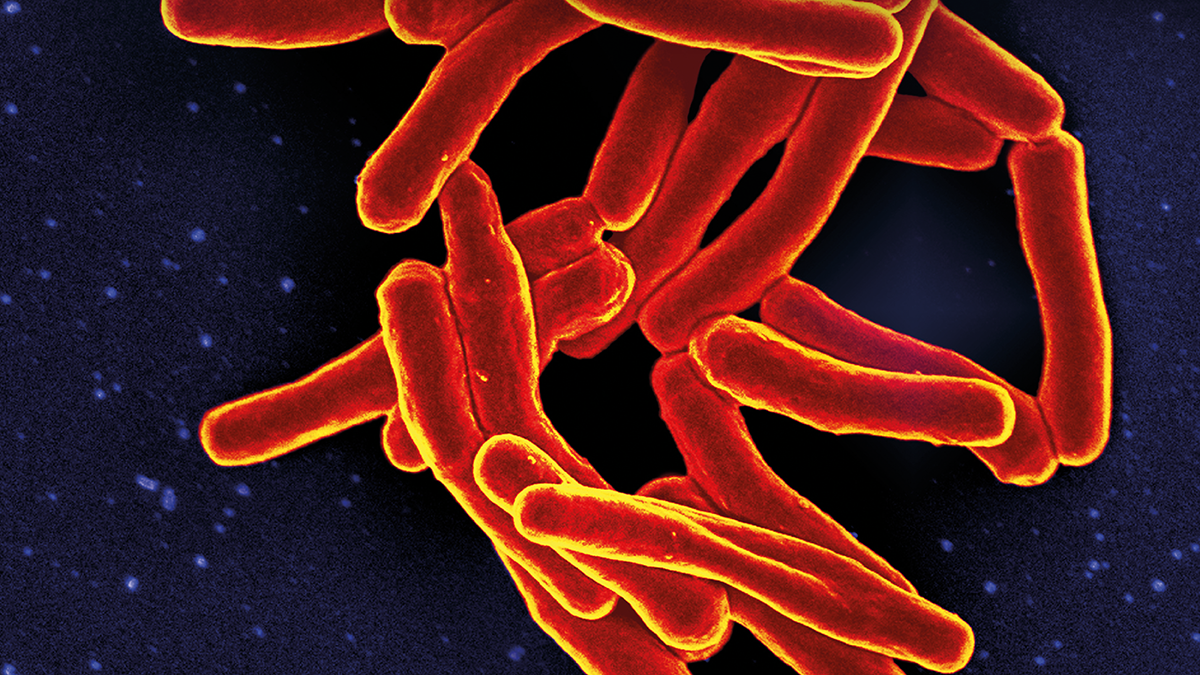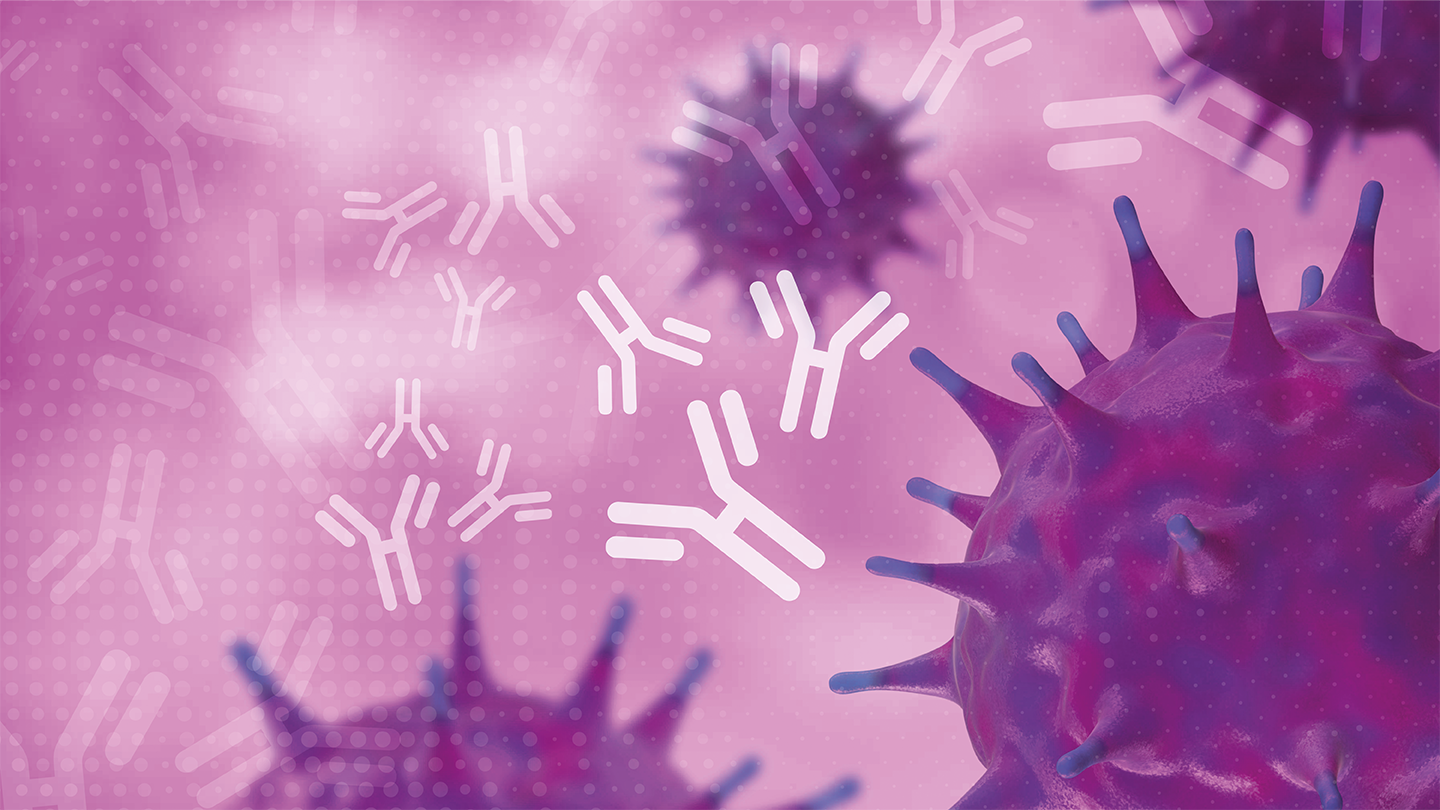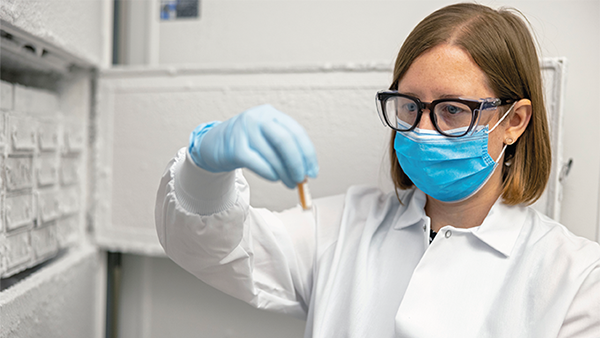In Other News… Infectious Disease
What’s the latest in ID research?
Cyto’ the storm
To learn more about the pathogenesis of sepsis, a team has decoded “the cytokine cacophony in sepsis into a pairwise cytokine message capturing the gene, cell and tissue responses of the host to the disease.” Specifically, to understand which molecules controlled organ states in sepsis, the researchers looked at organ gene expression of 6 single recombinant cytokines and 15 pairs of recombinant cytokines. “Strikingly, we find that the pairwise effects of tumor necrosis factor plus interleukin (IL)-18, interferon-gamma or IL-1β suffice to mirror the impact of sepsis across tissues,” write the authors.
The fungus among us
New work has revealed insights into how Aspergillus fumigatus – a fungus that causes infection in thousands of people annually – produces mycotoxin gliotoxin (PMID: 38167253). The team found that the fungus has to attenuate its production of gliotoxin to not negatively affect itself. They also found that Mitogen-Activated Protein kinase MpkA is crucial for this balance between production and self-preservation.
Sitting in the sidelines
New research has uncovered a mechanism that explains how Mycobacterium tuberculosis (Mtb) is able to lay dormant in the human body for years (PMID: 38091389). The team engineered a version of Mtb without a particular gene that helps the bacteria survive – IscS – and found dramatically reduced virulence in mouse models. The team believe that the IscS gene operates the SUF operon and, when both are depleted, the virulence of Mtb is significantly reduced.
Some (don’t) like it hot
Mosquitoes are a globally significant vector for a number of infectious diseases, but models to forecast transmission often assume that their behaviour is similar across populations. A new paper has revealed that heat tolerance is much higher in larvae than in adults, and that tolerance also varies depending on local climate. The annual precipitation of a given area particularly affects the vectors’ tolerance to heat.
This time for Africa. New One Health network establishes importance of tackling neglected tropical disease across African continent (PMID: 38172632).
Class of their own. Newly-discovered antibody class capable of neutralising a number of influenza viruses shows potential for vaccine development (PMID: 38127922).
GI No! Researchers explore how troublesome pathology of GI tract infections can lead to actionable diagnoses (PMID: 37863566).
Bacteria bonanza. The University of Basel discovers over 30 species of novel bacteria in patient samples – many belonging to either Corynebacterium and Schaalia genera (PMID: 38178003).





